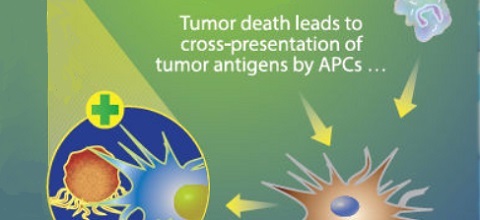February 2016 (Discovery Medicine)
Systematic Review – Full Text
Abstract: Fas ligand (FasL, CD95L) is a 40-kDa type II transmembrane protein that binds to Fas (CD95) receptors and promotes programmed cell death. Fas receptors are expressed at higher levels in many tumors than in normal cells; however, systemic administration of FasL or agonistic anti-Fas antibodies to mice with tumors caused lethal hepatitis. Somewhat paradoxically, elimination of Fas or FasL from tumors also leads to death induced by CD95 receptor/ligand elimination (DICE).
At face value, this suggests that Fas signaling not only kills normal cells, but that it also is essential for tumor cell survival. Targeting this pathway may not only fail to kill tumors, but instead may even enhance their growth, leading some to report the demise of Fas ligand in cancer immunotherapy.
But, to paraphrase Mark Twain, is this death an exaggeration? Here, we provide a careful examination of the literature exploring the merits of FasL as a novel form of cancer immunotherapy. With local administration using delivery vectors that achieve high levels of expression in the tumor environment, our results indicate that the potential for systemic toxicity is eliminated in higher mammals, and that a systemic anti-tumor response ensues, which delays or prevents progression and simultaneously attacks distant metastases.













